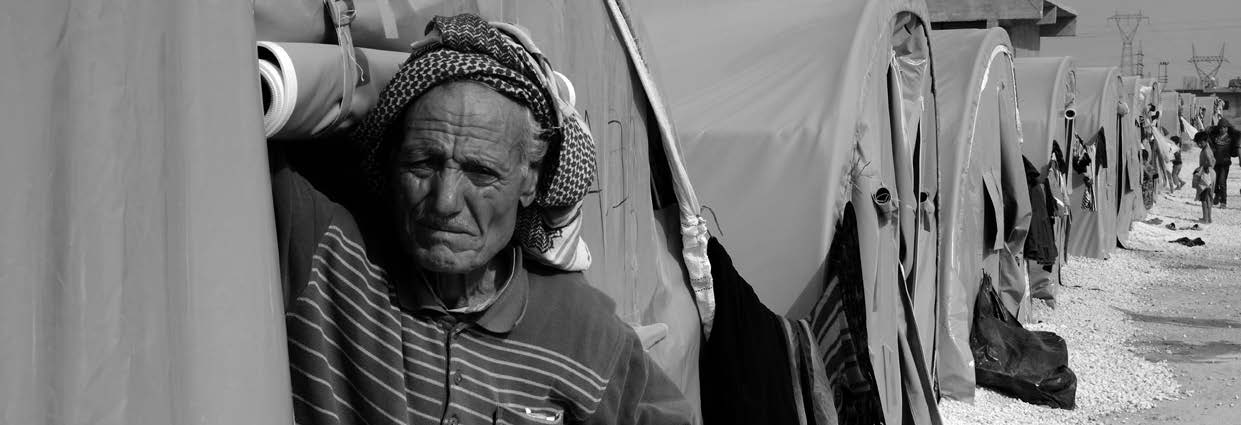The Centre for Human Rights, University of Pretoria and the University of Botswana, Gaborone are pleased to announce a one-day conference on protecting persons forcibly displaced in Africa and hereby invite proposals for papers. The conference will be held as part of the 28th African Human Rights Moot Court Competition.
![]() Download Call for Papers |
Download Call for Papers | ![]() Télécharger l'appel à communications |
Télécharger l'appel à communications | ![]() Download da chamada para documentos
Download da chamada para documentos
Background and aim of the Conference
The African Union designated 2019 as the “Year of Refugees, Returnees and IDPs: Towards Durable Solutions to Forced Displacement in Africa.” The year 2019 also marks 50 years since the adoption of the 1969 Organization of African Unity Convention on Refugees, and 10 years since the adoption of the 2009 AU Convention on the Assistance to and Protection of Internally Displaced Persons in Africa (IDP or Kampala Convention).
More than a third of the world’s forcibly displaced people are in Africa, including an estimated million refugees and asylum-seekers and 14.5 million IDPs. Forced displacement remains a major issue confronting the African continent.
A pertinent issue related to forced displacement is that of statelessness. While statistics on the actual population of stateless persons in Africa is sparse, records of statelessness in some countries across the continent indicate that it is a problem affecting more than one million people on the continent. While recent initiatives are being undertaken at the regional level through the study on the right to nationality and the development of the protocol on statelessness, it is imperative to examine the various conditions, significantly at the national level, that affect the adequacy of protection of stateless persons.
Children continue to bear the brunt of forced displacement. Millions of children are forced to flee their places of residence due to conflict, violence and natural disasters. Displacement, whether as refugees or IDPs, gravely affect children’s ability to survive, to stay healthy and to benefit from education. Their situation is exacerbated when they experience additional hardships, such as detention in immigration facilities, or exploitation and abuse.
To critically reflect on these issues, this Conference seeks papers that address the issue of forcible displacement, including issues pertaining to children, conflicts and displacement; refugees; returnees; IDPs and statelessness. In each respect, the main question is the (in)adequacy of state and other responses.
Submission Guidelines
- The organisers invite abstracts by anyone interested in presenting a paper at the Conference.
- Abstracts should be between a minimum of 250 and a maximum of 350 words, and should:
- Have a clear and descriptive title;
- Indicate the main question(s) to be addressed;
- Identify the proposed methodology; and
- Set out the anticipated findings (and their implications).
In addition, the name, educational and professional qualifications of the author(s) should be stated in a sentence or two (in the same document; not included in the word count).
Abstracts must be submitted, on or before 30 April 2019, to
- Dr Romola Adeola romola.adeola@up.ac.za and
- Prof Bonolo Dinokopila bonolo.dinokopila@mopipi.ub.bw
Important dates
- Abstracts should reach the organisers by 30 April 2019.
- The most suitable abstracts will be selected for full development and presentation. The aim is to eventually (in 2020) publish the papers (in 2020), reworked after their presentation, in a collection of essays.
- Abstracts selected for development of a full paper and presentation will be made known by 5 May 2019.
- Fully developed papers should be submitted, for distribution among Conference participants, by 30 June 2019



